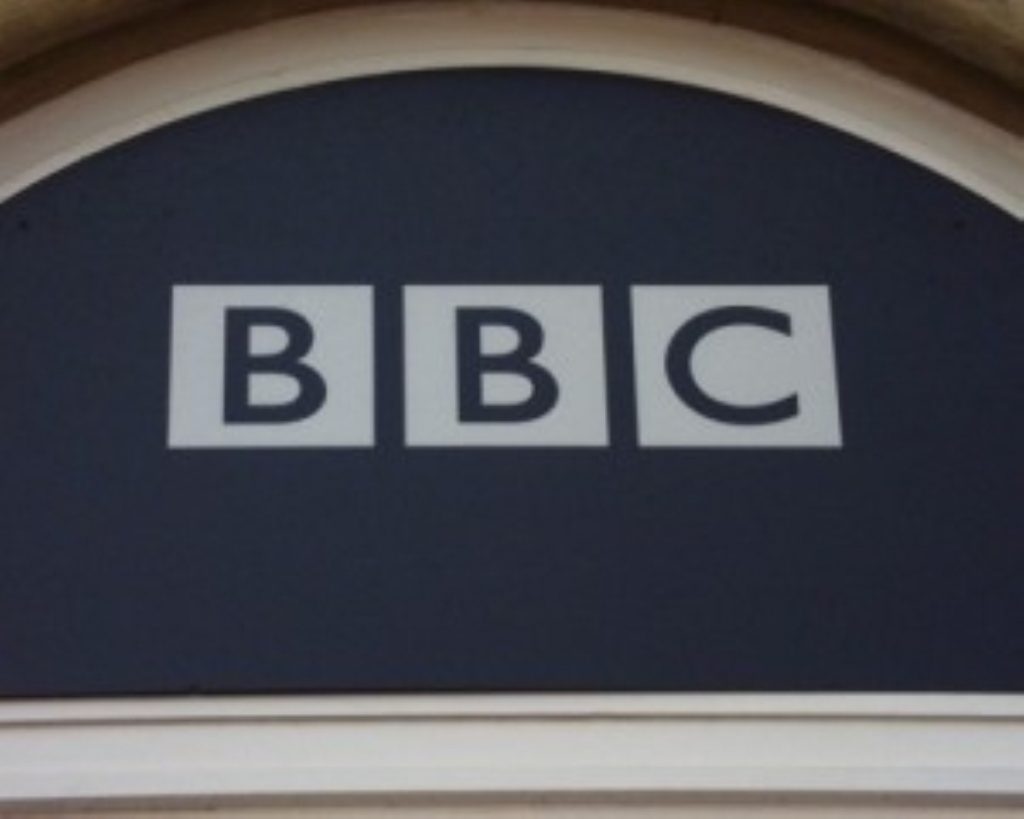BBC bosses abide with ‘sexed up’ allegation
The BBC’s Board of Governors on Sunday chose to abide with the Corporation’s stance that Downing Street ‘sexed up’ a key document on Iraq’s weapons capabilities.
The BBC considers its integrity at stake, as does Downing Street. Both are forced to defend their tarnished credibility in the mesmerising end-game.
But instead of meekly backing down, BBC governors joined senior management in demanding that Mr. Campbell withdraw allegations of bias directed toward the Corporation in its coverage of the Iraq war.
Number 10 says the BBC “continues to defend the indefensible.”


At times, both sides have rushed to pre-empt the opposite side’s increasingly belligerent words. Both have made a mess of it.
The 11 governors will stick to the story broadcast on its flagship ‘Today’ programme on May 29, authored by Defence Correspondent Andrew Gilligan, which alleged the PM’s director of communications Alastair Campbell added to an assessment on Iraq’s security risk a claim that Saddam could launch lethal weapons “within 45-minutes.”
The rationale: to bolster support for the upcoming war against Iraq.
The BBC bosses’ decision comes the day before the Foreign Affairs Committee publishes its report on Mr. Campbell’s part in the so-called “dodgy dossier” affair, published in February of this year.
He is expected to be cleared of any involvement in doctoring the dossier given the lack of evidence available.
But Mr. Campbell is likely to be dragged over the coals as much of the dossier was derivative, with some sections plagiarised from a PhD thesis written 10 years ago.
The PM has been forced to intervene. On Sunday, Tony Blair told The Observer newspaper: “I take it as about as serious an attack on my integrity as there could possibly be. The charge is untrue, and I hope they will accept that.”
Former Foreign Office Minister Ben Bradshaw told ITV Weekend News the BBC had much to lose:
“If the Government is vindicated, as I believe it will be, by the Foreign Affairs Committee tomorrow, I hope the BBC will simply apologise, because otherwise it’s going to do the BBC serious long-term damage.
Speaking on Channel Four News on Sunday, he added: “If the BBC does not admit that it has made a mistake, the damage will be to the BBC.
“The damage will be very serious indeed, because then BBC under its charter is committed to accuracy, objectivity and impartiality.”
Separately, Hans Blix, former UN chief weapons inspector, said on BBC Radio 4’s The World This Weekend that he had found no evidence to indicate that Saddam Hussein could have launched a chemical or biological strike within 45 minutes.












